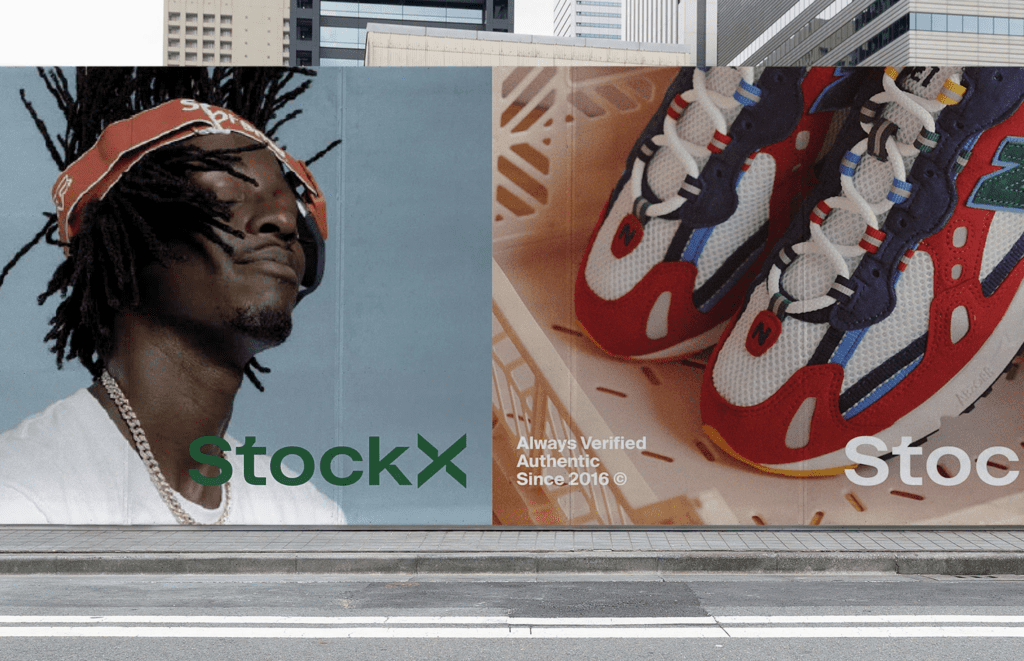This spring Ella Moss sued Amazon. Not only was had Amazon allegedly infringed its trademark by way of its Ella Moon private label due to the similarity of the two names and their respective offerings, the Los Angeles-based fashion brand argued in its complaint that Amazon was doing something else: It was actively prioritizing Ella Moon products over Ella Moss ones in its website’s search results – and based on Moss’s allegations, Amazon is likely doing this for countless other brands’ products, as well, in regards to the nearly 7,000 private-label products it is currently offering.
By creating brands that are offering goods that not only look alike but are similarly named and priced, Ella Moss alleges that Amazon is banking on the likelihood that consumers will be confused as to the source of Amazon’s Ella Moon products and will likely think that the Ella Moon wares are connected to or otherwise endorsed by Ella Moss. But even more problematic, as the New York Times pointed out this weekend, is Amazon’s careful practice of “optimizing word-search algorithms, analyzing competitors’ sales data, [and] using its customer-review networks — to steer shoppers toward its in-house brands and away from its competitors.”
According to the Times’ Julie Creswell, as the American e-commerce giant “uses its powerful platform to bolster its private-label business,” whether it be apparel and accessories or batteries and home goods, “there is also debate in legal circles whether some of its activities could be viewed as monopolistic in nature.”
“I think there is a potential monopolization case against Amazon,” Chris Sagers, an antitrust professor at the Cleveland-Marshall College of Law in Ohio, told the Times. “If they are getting massive penetration in the market and preventing customers from buying products from their competitors,” that could be problematic from an antitrust perspective, a topic that has been of growing interest amongst market analysts and legal professionals, alike.
In accordance with U.S. law, businesses may not engage in practices that unreasonably deprive consumers of the benefits of competition, resulting in higher prices for products and services. And this might be what Amazon is doing when it prioritizes its own private label products in response to consumer searches either for name-brand products (such as in the Ella Moss, Ella Moon instance) or for generic products.
Mr. Sagers stated in an separate article for Slate that the Seattle-based e-commerce company could be on the hook for “illegal monopolization” under Section 2 of the Sherman Act, which, as a whole, outlaws “every contract, combination, or conspiracy in furtherance of the [unreasonable] restraint of trade,” and any “monopolization, attempted monopolization, or conspiracy or combination to monopolize.”
“The claim would be that Amazon’s [various] acquisitions and other actions have delivered a market position in which Amazon is such a powerful buyer that it can force its suppliers to sell [to it] at sub-competitive prices,” Sagers wrote earlier this month. While claims of Amazon creating a monopsony – or a market structure in which only one buyer interacts with many would-be sellers of a particular product – “are rare and difficult to bring, Amazon is no ordinary antitrust defendant.”
In furtherance of such a claim, the government would need to show that “Amazon has very large shares of sales in specific products and that those shares reflect actual market power,” and then, would have to establish that those “shares were acquired not by healthy, price-competitive vigor … but through a series of acquisitions that may not have been individually illegal but in combination were monopolistic and by other exclusionary acts.”
This is where its private labels come in. Such “monopolistic and exclusionary acts,” per Sagers come in the form of “Amazon’s use of its Amazon Marketplace platform to gather analytics on its Marketplace partners, then to enter their markets while using its data advantage and crushing terms to overtake the space.”
As for whether Amazon “has very large shares of sales in specific products,” it seems that its apparel business might be prime starting point. Morgan Stanley reported in April that Amazon will become the top retailer in the U.S. apparel industry by the end of the year. A significant amount of Amazon’s sales in this category come from its private labels.
In terms of clothing and footwear sold on the e-commerce site, Amazon private label products are the fourth most purchased brand, “with only Nike, Under Armour and Hanes ranking higher,” SunTrust analyst Youssef Squali wrote in report early this month. That same report projected that Amazon’s private label sales could bring in $7.5 billion this year – of those private label products, 72 percent are apparel, footwear, and accessories, per Forbes.
But before we start readying for a U.S. government v. Amazon battle, it is important to remember that in order to prevail on an antitrust violation claim, all plaintiffs – including government enforcers like the FTC – must establish that the alleged monopoly creates harm to competition.
With that in mind, such a claim would be difficult for the U.S. government to make against Amazon, as Herbert Hovenkamp, an antitrust professor at the University of Pennsylvania Law School and the Wharton School, tells the Times that “Amazon doesn’t even show up on the radar screen when it comes to consumer harm.”
A spokesman for Amazon told the Times that its “overarching goal is to provide customers a wide range of products and brands.”














